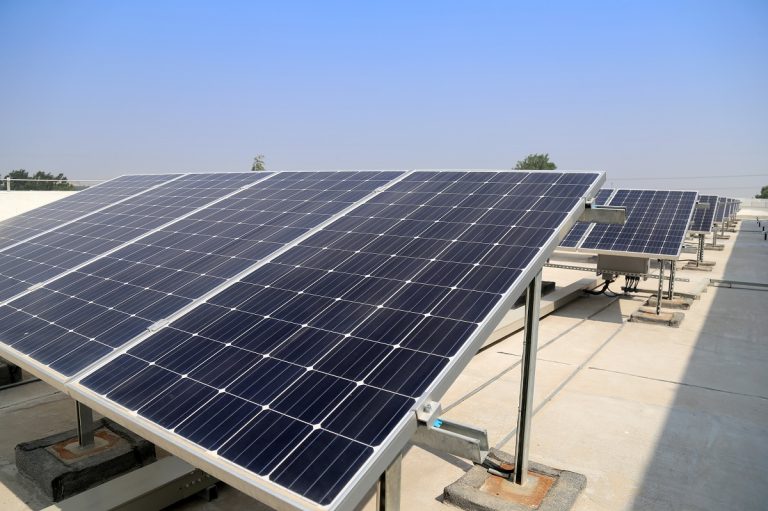The Czech government has approved its National Climate and Energy Plan, which sets the key steps and goals for developing green policy and reducing emissions in the Czech Republic, Industry and Trade Minister Lukas Vlcek (STAN) announced after a cabinet meeting yesterday.
The plan envisages an increase in the share of renewable energy sources from the current 18% to over 30% and the end of coal burning by 2033. It does not yet include the controversial extension of emission allowances to households and transport, which is planned at the European level. Investments by 2030 should amount to CZK 2.8 trillion.
The national energy and climate plan is required by the European Commission. The Czech Republic was one of 13 EU countries that were late in submitting their plan. The Commission therefore opened infringement proceedings in November. According to the Industry and Trade Ministry, the Czech Republic will not now face any sanctions having approved the plan.
The government returned to the controversial plan after almost half a year. It was due to be finalised in the summer, but discussions were postponed in July, together with the State Energy Concept and the Climate Protection Policy, due to unclear impacts on the economy. Some analysts warned then that energy costs for households might increase because of the climate documents.
“Electricity generation will be based on renewable sources and nuclear, and the role of gas sources can also be expected to increase,” said Vlcek. The Czech Republic did not go beyond the EU targets when setting its emission reduction targets, he added.
Environment Minister Petr Hladik (KDU-CSL) stressed the importance of the plan for investors and entrepreneurs, and said the implementation of the plan should increase Czech GDP by 2%.
Compared to the draft version from the summer, the plan approved yesterday is more general and less specific in many respects.
For example, the section on the controversial ETS 2 emission allowance system, which was supposed to extend allowances to fuels or heating of buildings, which would have made petrol more expensive or increased household heating costs, was dropped. The government has said it will try to delay and change the system at European level.
Another change is the adjustment of greenhouse gas reduction targets compared to 1990. While the summer version of the document envisaged a reduction of 59%, it now only contains a declaration of emission reductions in line with the EU’s Fit for 55 target.
The updated plan also foresees the coal phase-out by 2033 at the latest and the development of a replacement plan. However, energy companies have announced that coal will probably be phased out by 2030, as it is not worthwhile due to the rising costs of emission allowances.
The plan also confirmed that nuclear power, together with renewables, should play a major role in the Czech energy mix in the future.
Hladik also pointed to the security aspect of the climate and energy plan, which is intended to reduce the Czech Republic’s energy dependence on foreign energy imports. This dependence is about 40% at present, and should drop to roughly 26% by 2050, he said.
The climate and energy plans are intended to inform the European Commission in particular how each country intends to contribute to the EU’s renewable energy and greenhouse gas reduction targets.







